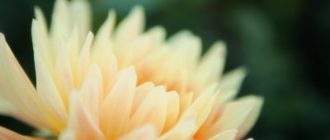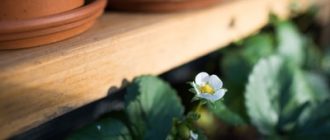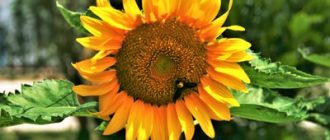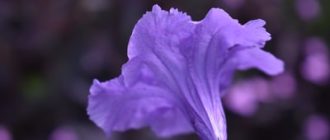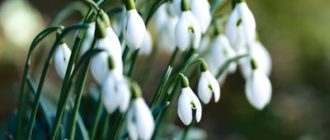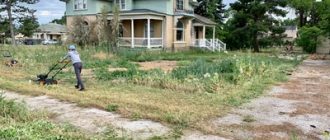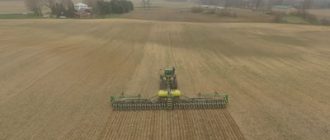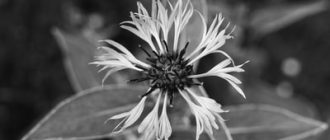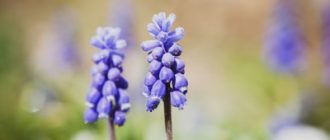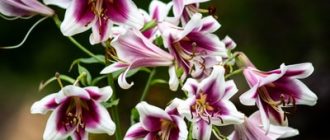
Compost is one of the three fundamental laws of organic gardening:
1. Carbon
2. Oxygen
3. Hydrogen
It is the lovely mixture of materials resulting from decayed organic matter. Decayed organic matter (aka. organic matter) is vital to the balance in nature because it provides all necessary nutrient components for plant life to thrive. Although organic matter does not directly constitute a separate class of soil amendment, it does aid in the prevention of soil erosion, aids in the retention of water, and contributes to the struggled against soil erosion. Examples of Organic Matter include humus, compost, animal manure, green manures, and vermicompost.
CompostMaking compost is an important part of organic gardening as it directly helps the soil and plants to flourish. It has the ability to hold large amounts of water and also enables the soil to be aerated. Examples of Composting include the following:
1. Compost
2. Eliotting
3. Mulching
4. Weed
5. Leaf mold
6. Flowering
Composting can be also done by backyard farmers through the use of a hot system. A simple heap at the bottom of the garden once turned into compost is excellent for soaking the soil. The compost is then topped up with a thinner layer of hay or nettles. Making a simple compost pile at the bottom of the garden once or twice a week as a one by one pile is sufficient for most gardens but if you do not have room for a pile, then spread the compost over the garden using a watering can or soft artist spray. Make sure you allow the compost to completely mix with no clumps forming at the bottom of the pile.
3. Ebb and Flow
In simple terms this process is simple: a material is placed in a container, then some other material is placed over it so that the material you add covers the material you initially put in. This is to prevent the flies from gathering on the pile and leaving it unattractive. Simple instructions to make your own Ebb and Flow compost can be found in an article on our website. This simple process can be used for a large or small garden.
4. Store bought compost
Stores bought compost is made ready for use when you are gardening. Compost bought from a nursery is usually not fully composted and may contain weeds, bacteria and viruses. Organic gardening retailers know that their compost is substandard but many bins are specially designed to not allow such things to grow in their product.
5. No Bugs!
Many gardeners’ preference for compost is to be able to add their own bugs so that the composting process is not hindered by the bugs. This can be done by using food waste or any other organic material.
6. No Bugs means lively composting!
If you want to speed up the process of composting then you will want to use things like grass clippings, manure clippings or kitchen waste. This will speed up the process of decomposition and prevent the growth of bacteria.
The process of decomposition is caused by the introduction of air, water and many bacteria. An example of this is the air being able to circulate in a compost pile. You will need to make sure that your compost container has enough holes to facilitate the flow of air. You will also need to be ensure that your compost container has moisture and can be easily drained.
If you don’t plan on starting your own compost pile you could just buy a composting bin. They come in many different sizes, allow the use of a pitchfork and are permeable as well as being dry proof. They are ideal for the large garden that will need a lot of compost.
It is important to remember that the popularity of composting has helped to popularise the idea of having ‘compost in the garden’. See our website, you will find manyipes for free gardening ideas.
ucks a good idea is to dig a hole in the ground then fill it with water, once the water has died down, use a pitchfork to move the contents to a different hole in the garden.
pineapple sage. This last one is a particularly attractive plant, the flowers are a vibrant pink and the berries are white, the best time for picking this herb is just before the blue flowers open.

